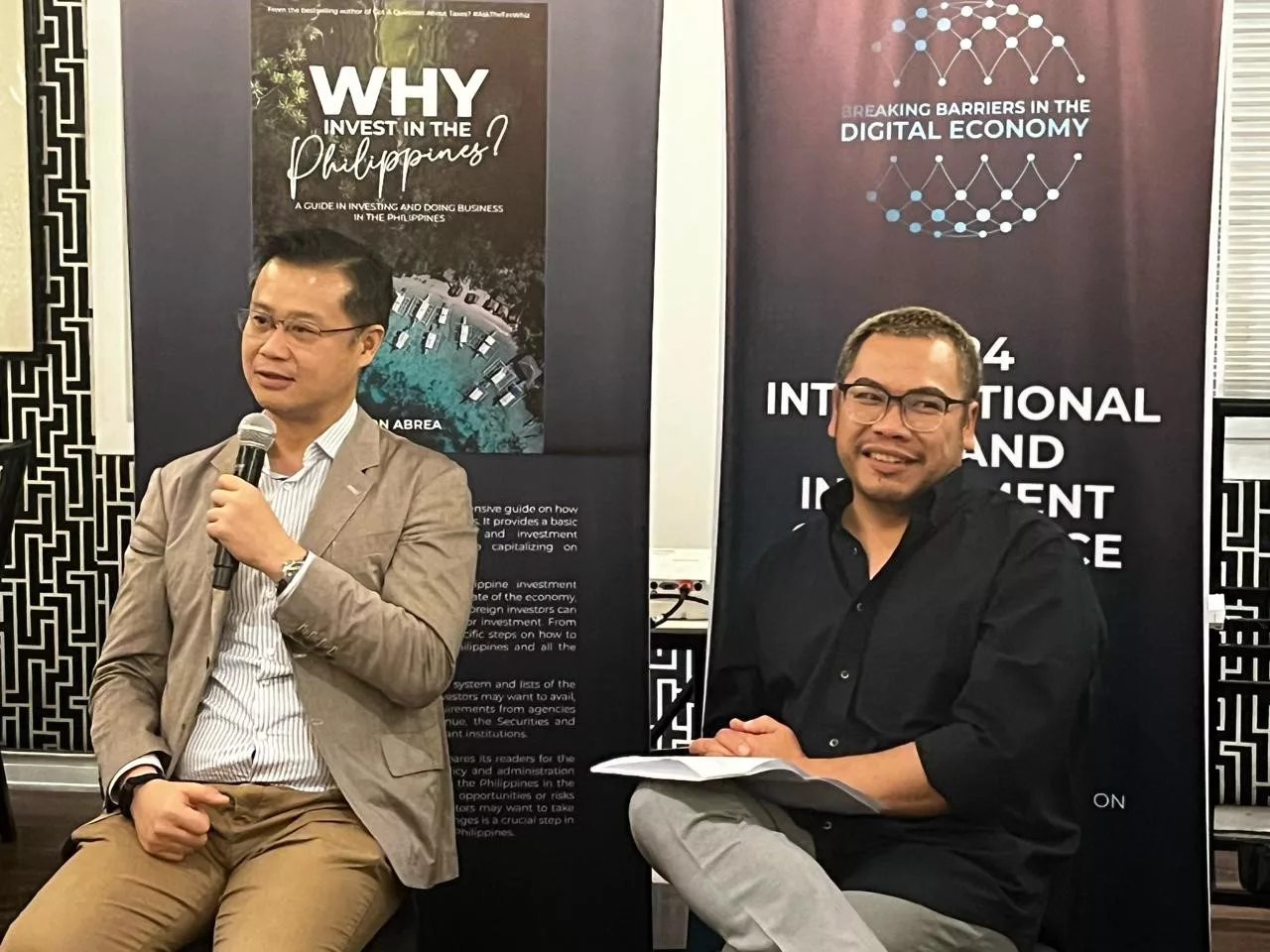|
Getting your Trinity Audio player ready...
|
The Philippines will institutionalize digitalization in its taxation system as required by the recently signed law called the Ease of Paying Taxes (EOPT), according to Senator Sherwin “Win” Gatchalian.
In a press event in Makati City last week, Gatchalian told journalists the most important feature of EOPT is digitalization.
“We included in that bill a provision wherein the Bureau of Internal Revenue (BIR) headed by the commissioner will craft a digitalization roadmap. [The BIR] will [then] submit it to Congress, and Congress will periodically review the implementation of the roadmap,” Gatchalian said.
“The reason for that is regardless [of] who is the commissioner, the digitalization roadmap will be implemented,” he added.
Gatchalian noted that the BIR commissioner is subject to political cycles; thus, it is crucial to institutionalize digitalization in the Philippines’ tax system.
This was echoed by Mon Abrea, chief tax advisor of Asian Consulting Group, who said institutionalizing digitalization within the BIR’s system would help the government and citizens.
“Right now, we still see that digitalization is a project. It’s not yet institutionalized. So, it’s now a project of Commissioner Romeo Dumagui, which is good. But if he gets replaced, we don’t know what happens to the project,” Abrea said.

The EOPT was signed into law by President Ferdinand Marcos Jr. on January 5. It was published in the Philippines’ Official Gazette two days later and took effect on January 22, 15 days after its publication.
The law introduces significant amendments to the National Internal Revenue Code (NIRC) of 1997. It aims to protect and safeguard the taxpayer’s rights and welfare, modernize tax administration, provide mechanisms that encourage proper and easy compliance, update the taxation system, and adopt best practices.
Importance of digitalization in the Philippines’ tax system
“After serving for six years as co-chair of the Ease of Paying Taxes, we always say, and I personally always make the statement, if we cannot digitalize BIR, might as well abolish BIR,” Abrea said.
Abrea explained that taxpayers, such as micro and small entrepreneurs, are faced with many compliance requirements.
“EOPT now slowly removes them from that hell. It’s hell. But I just hope that further, we’ll be able to remove the nonvalue added requirements, like the books of accounts,” he said.
Philippines’ digital economy expected to grow
A Tech for Good Institute article said that the Philippines is one of the fastest-growing digital economies among the Association of Southeast Asian Nations (ASEAN) member states, registering a 93% expansion from 2020 to 2021.
It further said that the country earned a gross merchandise value of $17 billion through
digital transactions and is expected to expand to $40 billion by 2025.
Abrea said the EOPT also promotes the growth of the country’s digital economy.
“It’s useless to talk about promoting the digital economy if the Bureau [BIR] that collects taxes is not digitalized,” Abrea said.
“If the process is manual, if they [taxpayers] have to go from one office to another with a sworn declaration and get a notary, that defeats the purpose. Because you’re asking them to be part of the digital economy, and yet you push them to the wall or to the edge that they will rely on cheating or they won’t comply. So, I think it should be compensated with a full system or digitalized tax administration.”
The potential role of blockchain
Asked whether blockchain can play a role in the country’s digitalization efforts, specifically in its taxation system, Abrea said he sees the technology to address red tape.
“Blockchain for me is an answer to the redundant, costly paper, generating compliance,” Abrea said. “Government compliance is paper compliance, so many documents are being asked, we have a firm, we review, go over all those papers because the BIR requires it.”
As for Gatchalian, he said the government should study it but, at the same time, be cautious of it.
“Blockchain has its benefits. It decentralizes many of the documentary requirements as well as important financial transactions. However, admittedly also, this is a very sophisticated technology. Not all of us understand and appreciate the potential of this technology,” Gatchalian explained.
“I would encourage everyone to study it [blockchain]. But [also] for the government, to be cautious about allowing liberal use of cryptocurrencies slash blockchains in the market,” he said.
Some Philippine senators eye regulating ‘crypto’
While on the topic of blockchain, Gatchalian revealed his and other senators’ plan to craft a bill regulating digital currency.
“Me and some senators were actually planning to file a bill to regulate it and promote the use,” Gatchalian said. “So, we linked with some experts and some organizations here in the Philippines that will enlighten us and educate us.”
However, Gatchalian mentioned crafting a bill to regulate digital assets won’t be easy.
“It’s very complex. And, just to write the law alone will take time,” he said. “In the meantime, I would caution our constituents to really study this technology and this concept before going in.”
“Also, the angle that we are looking at is how do we make this technology productive – not only to regulate, to stop, but how do you make it productive? How can we use it as a productive technology that can help us, make us efficient, and also to protect us?”
Watch: How the Philippines is transitioning to a premier investment hub

 02-28-2026
02-28-2026 




